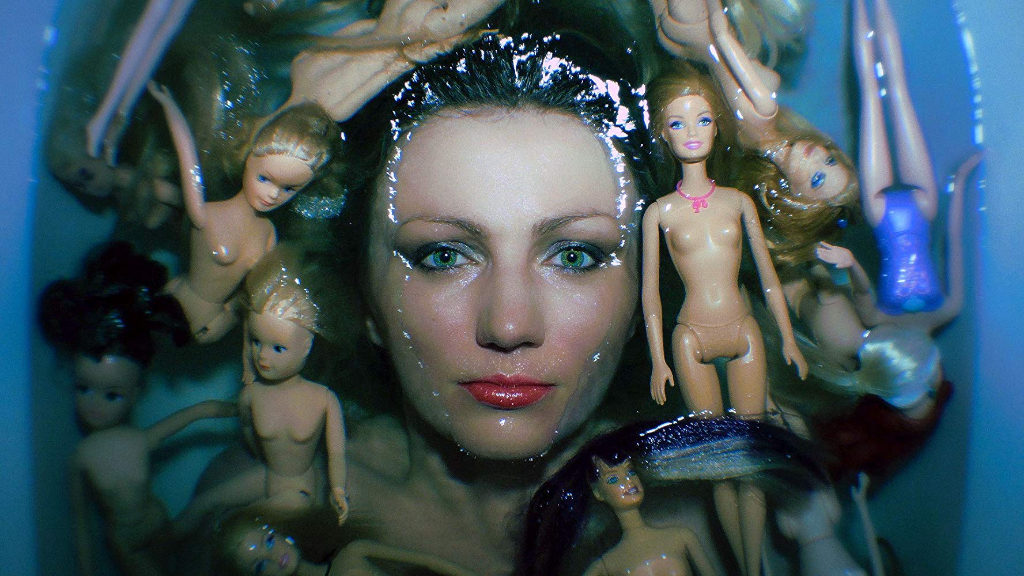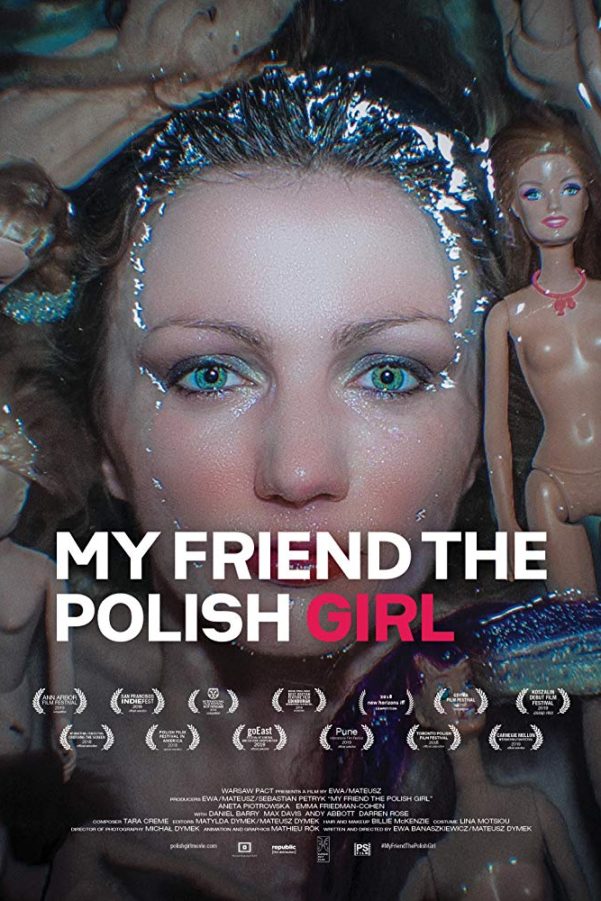My Friend the Polish Girl

American filmmaker Katie (Emma Friedman-Cohen) is a documentarian without a subject. She casts aspiring Polish actress Alicja (Aneta Piotrowska) as the main protagonist of her documentary with the sole instruction for her to act as if the camera wasn’t there. Alicja doesn’t exactly achieve this task with flying colours.
At first, Katie tries to tell the story of a relationship with Alicja’s cancer-ridden partner, only to discover he’s been cured. Then, she tries to shape a portrait of Alicja’s Polish community living in London the wake of Brexit. Alijca doesn’t seem to be part of any community. Suffice to say, Katie’s foray into documentary is off to a bad start. Except, it’s not a real documentary. It’s a “fiction documentary”, a term and concept construed by directing duo Ewa Banaszkiewicz and Mateusz Dymek. Think The Office if Pam took a film class to unpack Michael’s isolation.
Once your head is given time to surface, you plunge again into the meta-abyss. Eventually, you can start to tread water along with the actors and extras who occasionally slip to serve a less-than-authentic fake version of reality. It seems even in this pseudo-reality it is impossible to act as if the camera isn’t there. Lives are totally shaped by its presence and an awareness that in the digital age the image is an ever-more fixed and permanent document. There’s a suggestion on the part of Banaszkiewicz and Dymek that once the camera is present, neither filmmaker nor subject can act outside the structures that preceded it. Katie is everything she shouldn’t be: judgemental, provoking and too emotionally involved. Her gaze enacts the privileged power of her male predecessors. A weapon of invasion, the camera prods at her subject like her emotionality is a game – until it crosses a line. Meanwhile, Alijca desperately flaunts her sexuality before the lens.
The film is inventively edited and the co-directors meld styles: they shift between black and white and colour; between digital, film stock and camera video; and they incorporate the visual language of social media. Its collage-like qualities self-reflexively unpack society’s abusive gaze. The feature nods to the fractured and isolating life in London with its inhabitants inundated by technology and desperate to break in. My Friend the Polish Girl oscillates often between a depiction of a messy life and a messy depiction. Nonetheless, it never loses its dark humour or probing themes.
Mary-Catherine Harvey
My Friend the Polish Girl is released in select cinemas on 19th July 2019.
Watch the trailer for My Friend the Polish Girl here:

























Facebook
Twitter
Instagram
YouTube
RSS